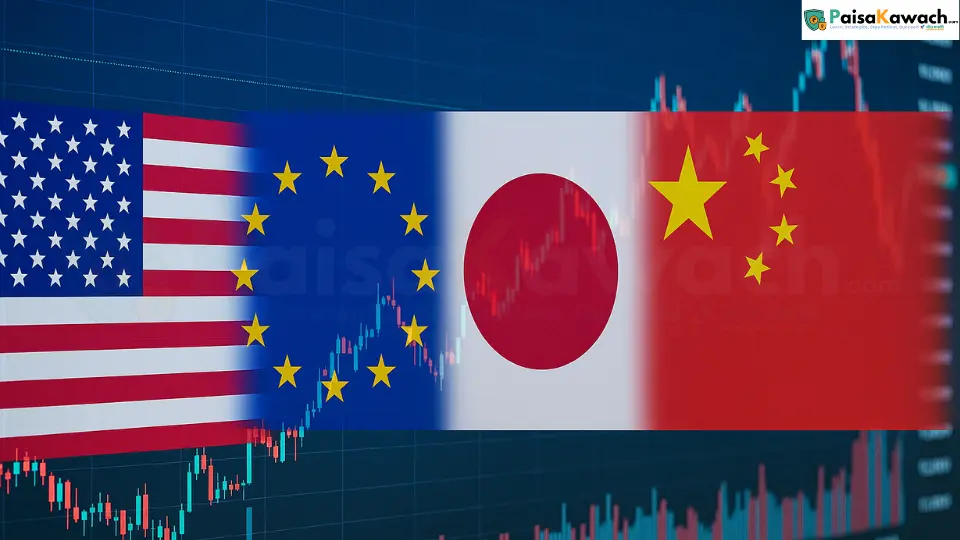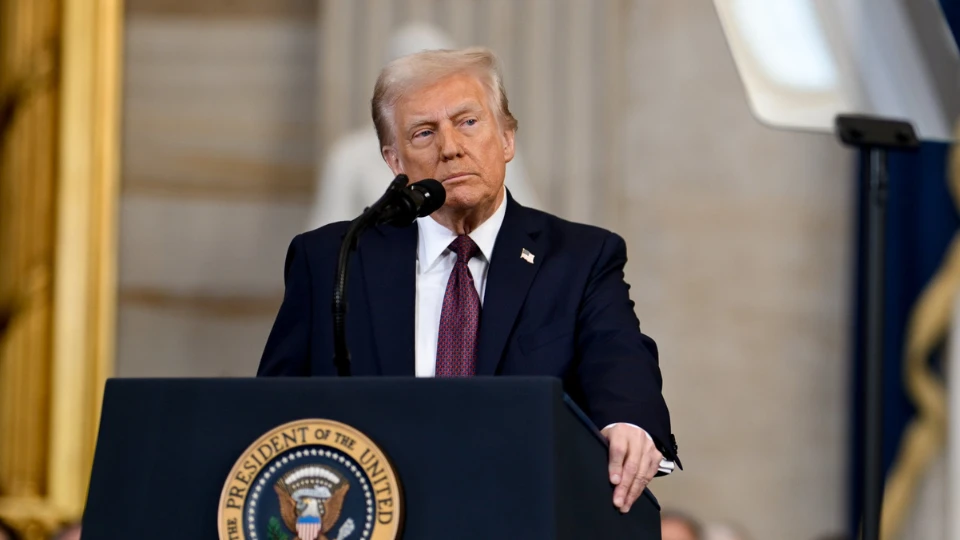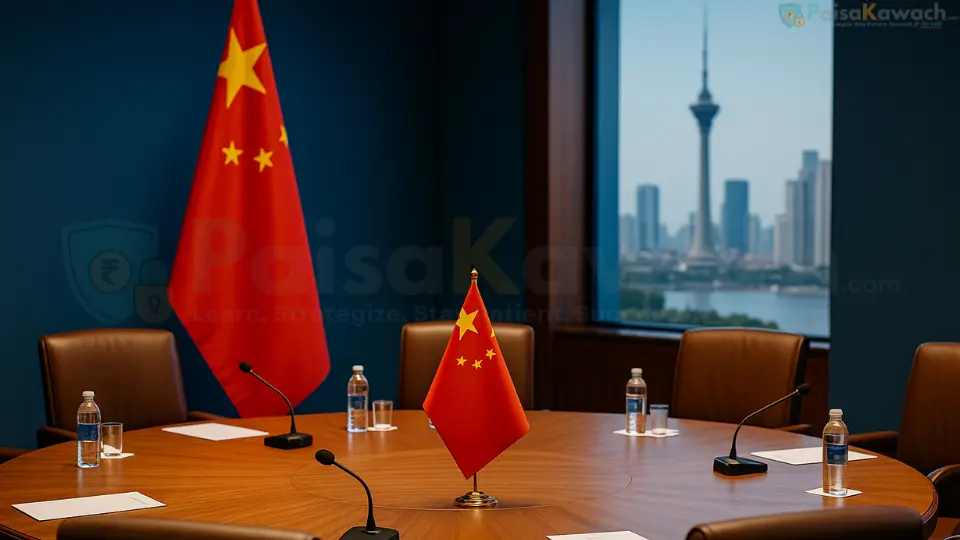Global stock markets are treading carefully this week as the United States faces a pivotal August 1 tariff deadline. The outcome of ongoing negotiations with the European Union, Japan, and China could define the direction of trade policies for years to come. Investors, economists, and business leaders are all watching closely, anticipating moves that may impact everything from manufacturing costs to global supply chains.
Why the Tariff Deadline Matters
The proposed tariffs, if implemented, could affect hundreds of billions of dollars in goods, sparking renewed trade tensions that have already slowed global growth in previous years. According to market analysts, a fresh wave of tariffs would not only affect transatlantic trade but also ripple through Asia’s manufacturing hubs, increasing costs and reducing corporate margins.
Key Players and Negotiations
EU Trade Talks: A 50-50 Chance
President Trump has indicated that the odds of a U.S.–EU trade deal are “50-50,” adding an element of uncertainty. Negotiations with European Commission President Ursula von der Leyen have focused on reducing tariffs for key industries, particularly automotive and agriculture.
Japan’s $550 Billion Investment Plan
In a surprising development, Japan has hinted at a $550 billion investment plan into U.S. markets, reportedly tied to tariff reductions. While official confirmations are pending, this potential agreement could reshape the balance of trade between the two nations and create new opportunities for cross-border investments.
China and the Business Delegation
At the same time, a U.S. business delegation led by FedEx CEO Rajesh Subramaniam is visiting China this week to discuss easing trade tensions. Executives from Boeing and the U.S.-China Business Council are also part of the delegation, signaling strong corporate interest in stabilizing relations.
Impact on Global Markets
Wall Street has already priced in some level of trade volatility, but the outcome of these talks could still swing the markets. The S&P 500 and Nasdaq recently hit record highs, yet concerns remain about whether such growth is sustainable in the face of geopolitical risks and trade disruptions.
- Emerging markets could face increased volatility if tariffs escalate.
- Export-driven economies like Germany and South Korea are closely monitoring U.S. policy shifts.
- Commodities such as oil and metals may see price fluctuations due to supply chain concerns.
What Investors Should Watch
Experts suggest keeping a close eye on official statements from Washington, Brussels, Tokyo, and Beijing as the deadline nears. Any breakthrough or breakdown in negotiations will likely cause sharp movements in currency and equity markets.
Outlook Beyond August
Even if temporary agreements are reached, the broader question of global trade reform remains unresolved. Analysts predict that the next 6-12 months will see heightened negotiations on digital trade, intellectual property, and green technology tariffs.







